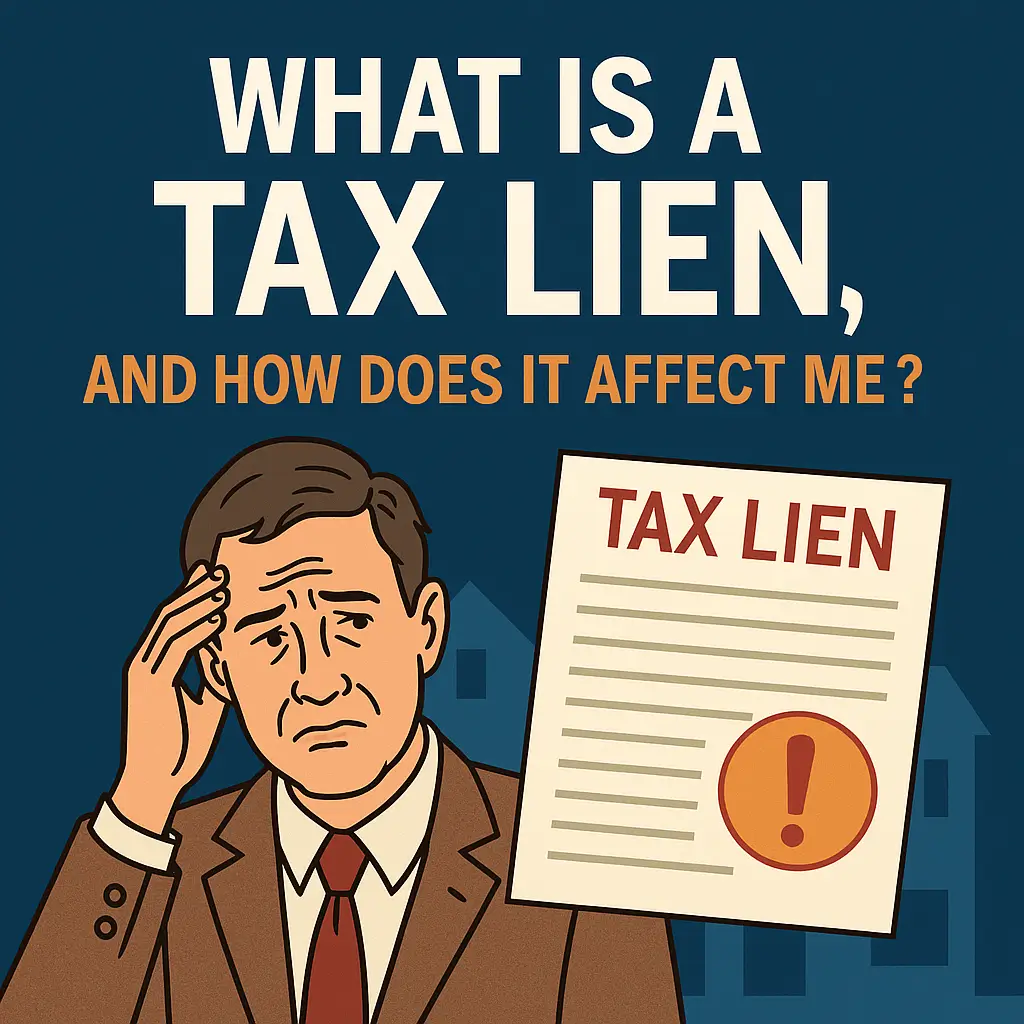A tax lien is the government’s legal claim against your property when you fail to pay a tax debt. It’s not the same as a levy, which actually takes your property or money. Instead, a lien secures the government’s interest in everything you own—real estate, personal belongings, even financial accounts—until the debt is paid.
The IRS files a public document called a Notice of Federal Tax Lien, which lets creditors know the government has first dibs on your assets. While it doesn’t automatically mean your house or car will be taken, it can seriously affect your financial life. Tax liens can damage your credit, limit your ability to sell or refinance property, and make it harder to get approved for loans or business funding.
Here’s how a tax lien affects you:
- It’s public – lenders and creditors can see it.
- It hurts your borrowing power – even if you’re current on payments.
- It attaches to all your assets – including future property.
- It can delay closings on home sales or business deals.
The lien stays in place until the debt is fully paid, discharged, or otherwise resolved. The good news? The IRS may withdraw the lien once the balance is cleared or if you enter a direct debit installment agreement under certain terms.If you’ve received a notice about a tax lien, don’t wait. Contact a tax debt attorney immediately—they can help you resolve the debt, get on a payment plan, or even request a lien withdrawal to restore your financial standing.
